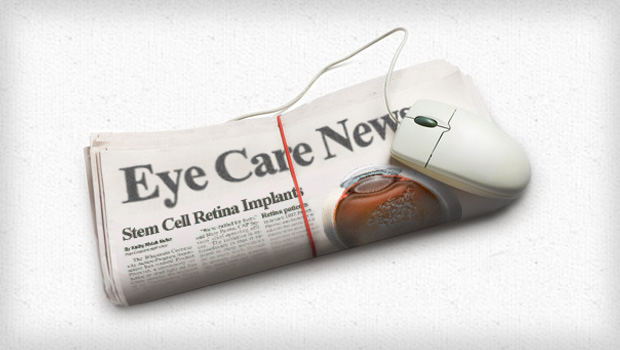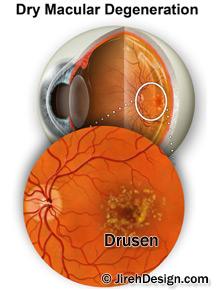Gene Therapy and Macular Degeneration


Gene Therapy and Macular Degeneration
The latest thinking is that macular degeneration is strongly linked to the inherited genes of the ARMD patient.
Is gene therapy is the future of macular degeneration treatment?

One of the biggest advantages of gene therapy, over anti-VEGFs, a treatment limited to eyes with the “wet” form of macular degeneration, is its lack of potential side effects and its inherent preventive ability on early and late forms of ARMD.
Anti-VEGFs are only given to patients with “wet” macular degeneration — the leaking, swelling or bleeding form of the disease. Wet macular degeneration only accounts for about 10% of cases. “Dry” macular degeneration makes up the bulk of cases with over 80%.
Anti-VEGFs is currently the newest and most exciting treatment for ARMD — with ongoing research, gene therapy will hopefully surpass anti-VEGFs as the most successful treatment for this most destructive eye condition.
Ref: Retinal Physician, May/June 2006






